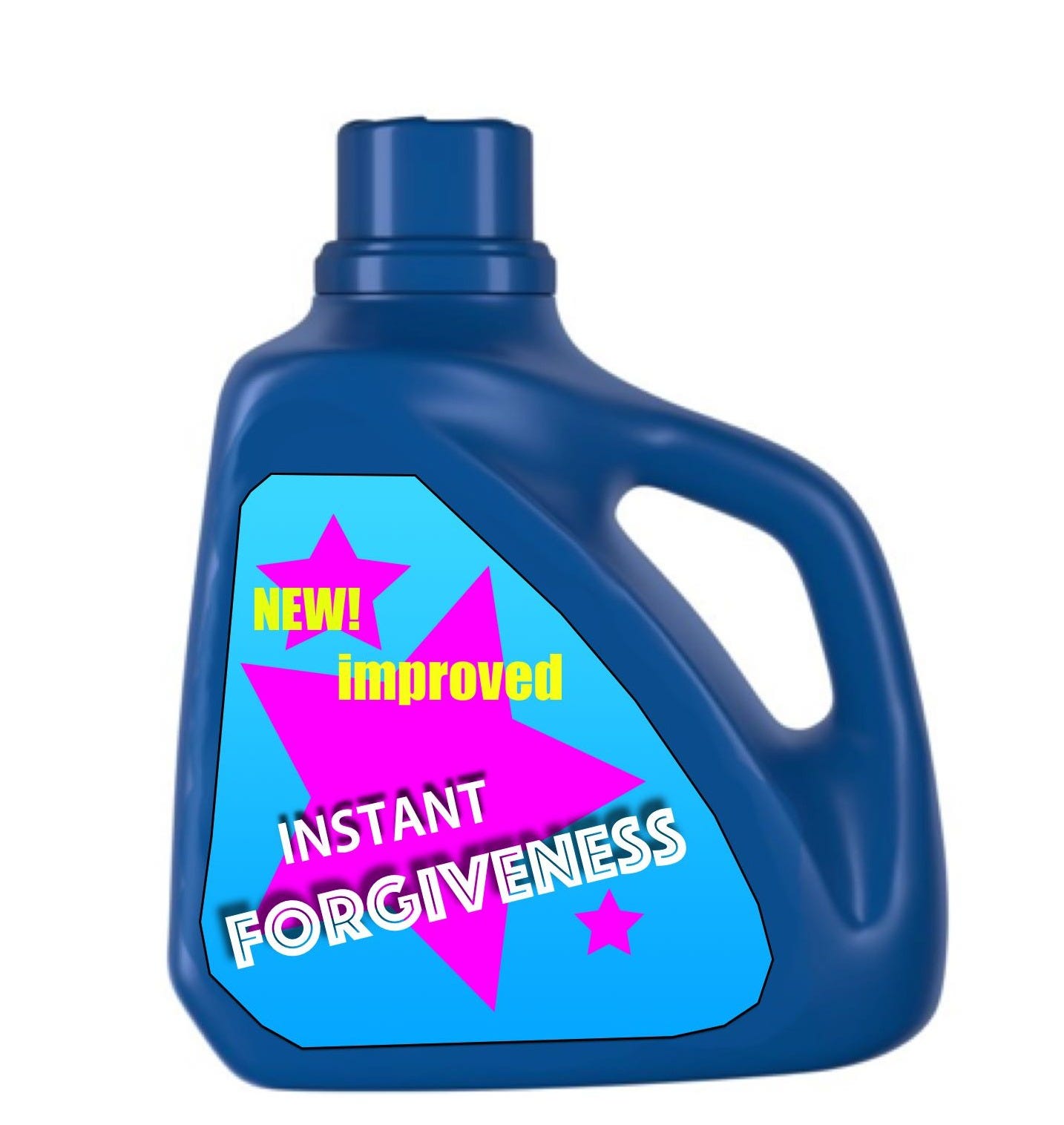Regret is a feeling of guilt that we have let ourselves or others down. I think most normal people have regrets because everyone makes mistakes. I think most people who make mistakes that generate consequences experience a depth of regret that is more or less proportional to the seriousness of the consequences.
For example, perhaps a person takes a series of actions that result in a personal loss - loss of money, loss of a relationship, loss of some thing; or perhaps a person is simply at the wrong place at the wrong time and loses something important as a result, like a once-in-a-lifetime opportunity. Events like these may cause one to experience regret.
Regret serves a useful purpose by reminding us of actions with negative consequences, helping to keep us from making the same mistakes again. We may feel shame about having made the mistake, but shame is not productive. It is healthier to accept the fact of one’s mistake without judgement, reminding oneself to do it right the next time without blaming oneself again for the original mistake.
Perseverating on regret can be harmful, as J. Kim Penberthy writes for The Conversation:
“Dealing with regret is even more difficult because of the other negative emotions connected to it: remorse, sorrow and helplessness. Regret can increase our stress, negatively affect physical health and throw off the balance of hormone and immune systems. Regret is not only unpleasant. It is unhealthy.”
And according to VerywellMind,
“Feelings of regret can often lead to physical symptoms such as muscle tension, sleep disturbances, changes in appetite, headaches, muscle pain, joint pain, and chronic stress.”
As a younger man I experienced a lot of this, and eventually came to the realization that I was hurting myself by reliving past mistakes, and that this was not only harmful, but it was also a waste of time. But how would I stop the negative thought loop of regrets running through my mind at any given moment?
Part of that story is my mindfulness meditation practice, in which I learned to recognize unwholesome thoughts as they appeared. In the earlier stages of my practice I became conscious of what my brain was doing and was able to redirect my thoughts elsewhere. Later, as I grew in my practice, I learned to accept my regrets as they arose and forgive my past self for having made the mistake that caused the regret in the first place.
One of my most important realizations was that regrets are all about past events. Since the past cannot be changed, it must be accepted. Acceptance is the key to transforming negative emotions about past events. Having accepted the former adverse reality, you can move on.
As I continued to grow, I learned to forgive myself instantly, both for past mistakes and for mistakes I made in the present. Forgiving myself instantly allowed me to recognize that I had made a mistake without beating myself up about it. Then, I thought, if I can forgive myself instantly for my mistakes, why not forgive others instantly when they make mistakes? Why should I drag negative emotions along with me through life when I have the power to choose to accept and move on? Thus came into being my decision to train myself to forgive myself and others instantly.
Now I rarely perseverate on regret. It’s not a 100% remedy, but I am way down on the pain-of-regret scale. As a result, I’m happier, healthier, and more productive. If you experience thought-loops of regret, perhaps Instant Forgiveness for Yourself and Others will work for you.




